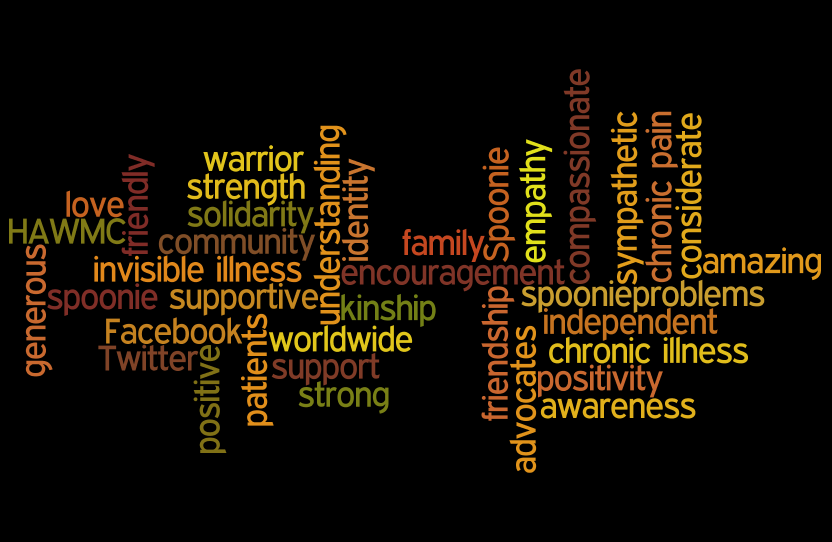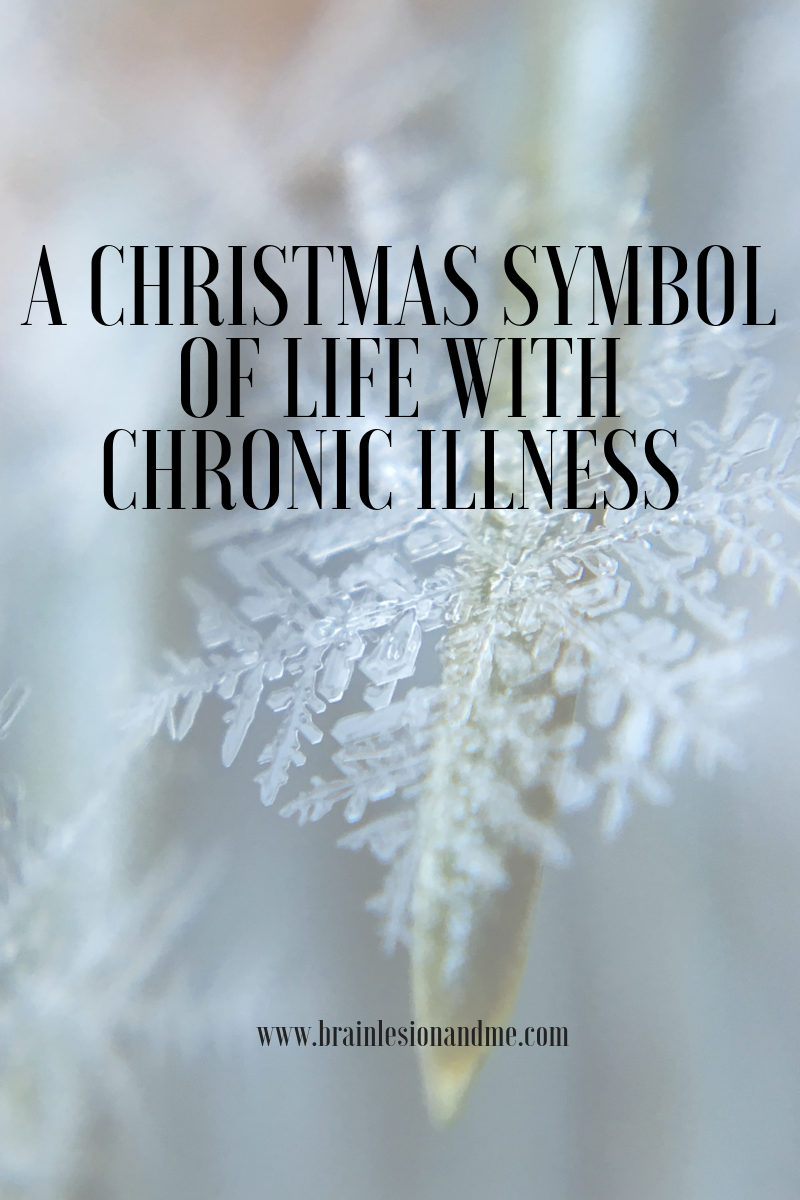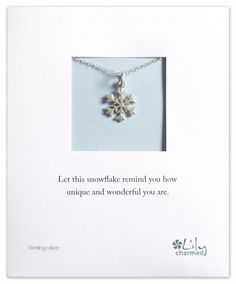
Welcome to the Health Activist Writer’s Month Challenge brought together by WEGO Health – a social network for all health activists. Again, I am participating in the annual Writer’s Month Challenge in which I will be writing about my health activism and health condition based on given prompts.
Thursday 30th April: I wish I would have known…
There’s a reason why we have the saying, “Hindsight is 20/20”. What do you wish you had known at the beginning of your patient journey that would have made it easier and less scary?
Those of you that have been following my blog posts for #HAWMC (Health Activists’ Writing Month Challenge) will know the struggles I faced during my life prior to chronic illness (well, in my case it was not really prior illness just that I was unaware of the condition) with the name-calling and isolation that I experienced at school. The excruciating loneliness and struggling with feeling so different from my peers.
After being diagnosed with the neurological condition, however, did nothing to help those feeling of loneliness and isolation. In some ways, these feelings seemed to multiply. And as the condition deteriorated and facing difficulties with mobility and going out, the friends I had made since school seemed to vanish and was once again facing hours of being alone, stuck inside the same four walls.
The isolation and loneliness were deafening, and all I wanted was strong and unwavering friendships to silence them.
Facing an uncertain future, with a permanent neurological condition and a lifetime of symptoms, as a result, felt incredibly lonely in itself but was further exacerbated by a lack of support system outside of my family.
Therefore, the one wish that I would have known at the beginning of my patient journey is the wonderful support system and the chronic illness community that exists online and the presence of the many wonderful people who blog and help raise awareness of chronic conditions on social media.
I wish I had known about the ‘Spoon Theory‘ a wonderful theory coined by fellow Health Activist Christine Miserandino; a thread which unites everyone living with a chronic illness regardless of the diagnosis, and whether it be a physical or mental condition. It’s a theory which encompasses everyone with a chronic illness and has grown into a large and beautiful community.
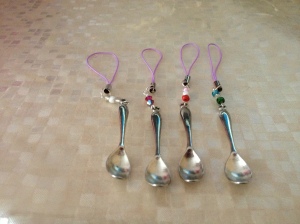
I really wish that I utilised social media, in particular, Twitter sooner, as the support from fellow ‘spoonies’ has been and continues to be overwhelming. I have received many lovely messages from people I have never met on those many bad days; just little messages to serve as a reminder that I am not alone. I do not walk alone on the journey of living with chronic illness.
I have made some special and life-long friendships with women I have met through social media and through this blog and other projects. In many ways, these friendships are stronger and more meaningful than any other friendships I’ve ever had before, despite never having met in person. It is true that friends are like stars; the distance between two people does not diminish the strength of the friendship.
The test of a true friendship is whether they are there for you when you need them, and with the friends I have made online, I found that they are, and are true friends.
Something I have never found in friends I have made close to home.

I found myself listening to a song Gavin DeGraw entitled ‘Fire’ and there was a line in the song that I felt really summed up the experience of being a part of the ‘spoonie’ community:
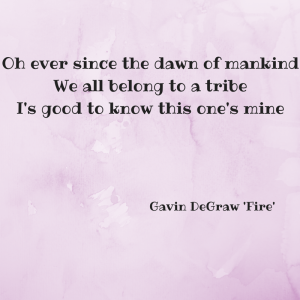
Yes, life with chronic illness is difficult, unrelenting and painful. But it’s easier to carry on living when you are part of a community of other people who are sadly also living with the effects, supporting and commiserating each other through the difficult times and celebrating the triumphs. It is a comfort in the knowledge that there are people who understand what it is that I am going through and the difficulties that I face as a result of living with a neurological condition.
This is clear from emails and messages I have received as a result of writing this blog; they thank me for sharing the post and writing words that they cannot express themselves.
Our bodies may be weak; some perhaps are even failing but standing together, we are stronger.

